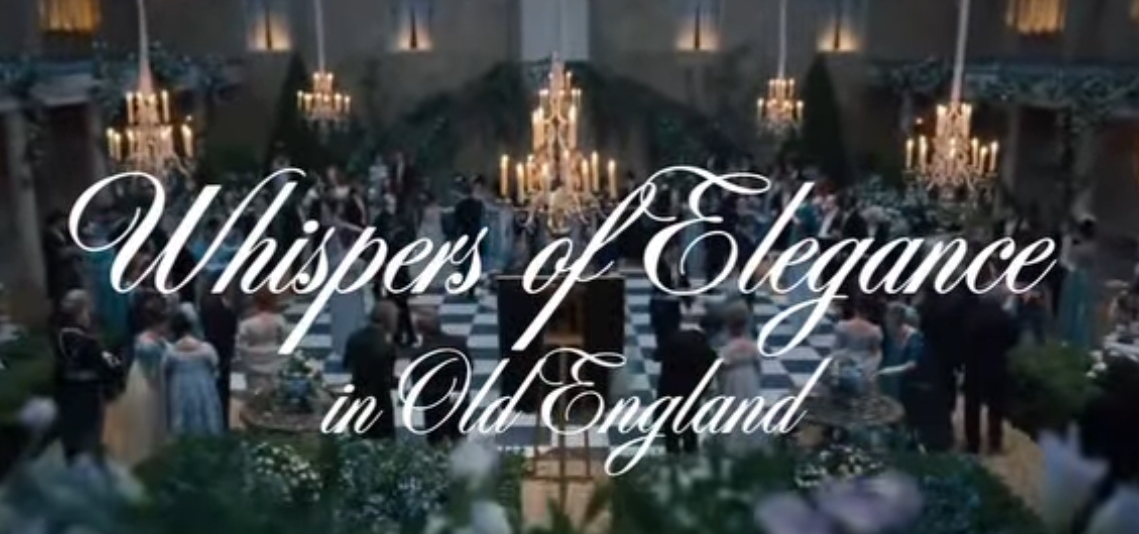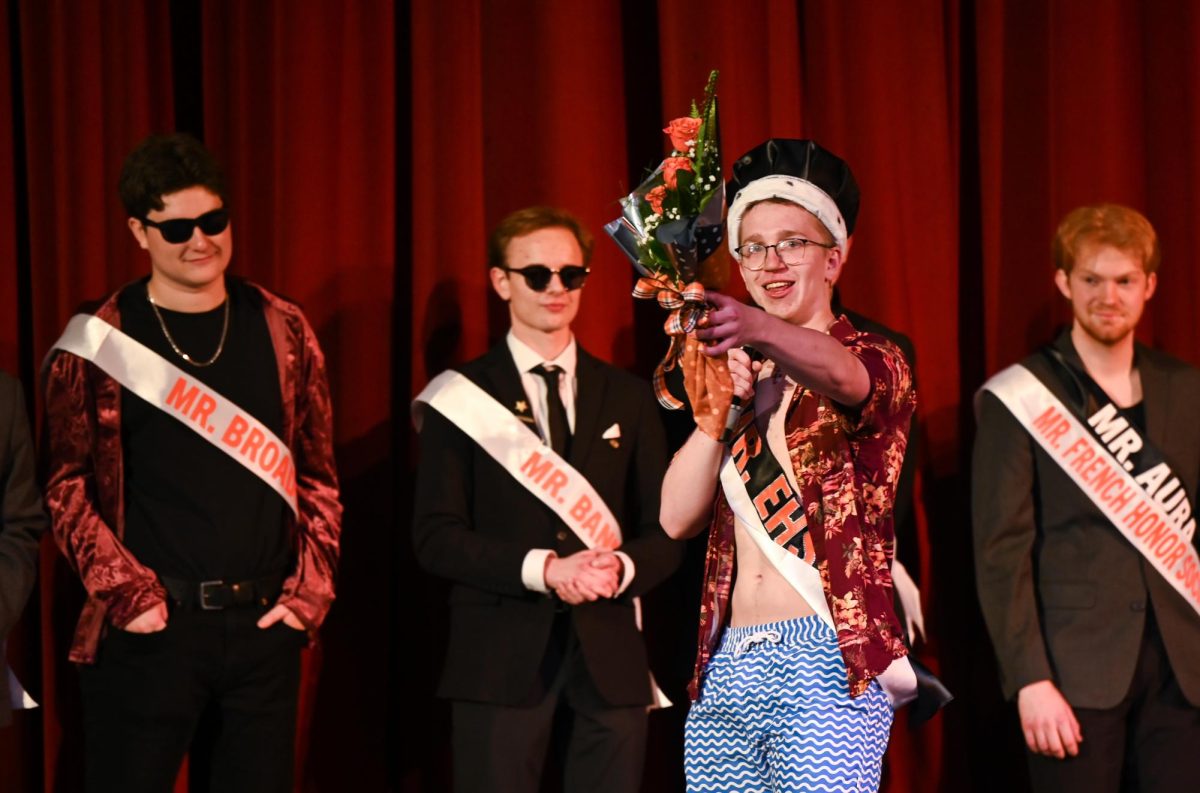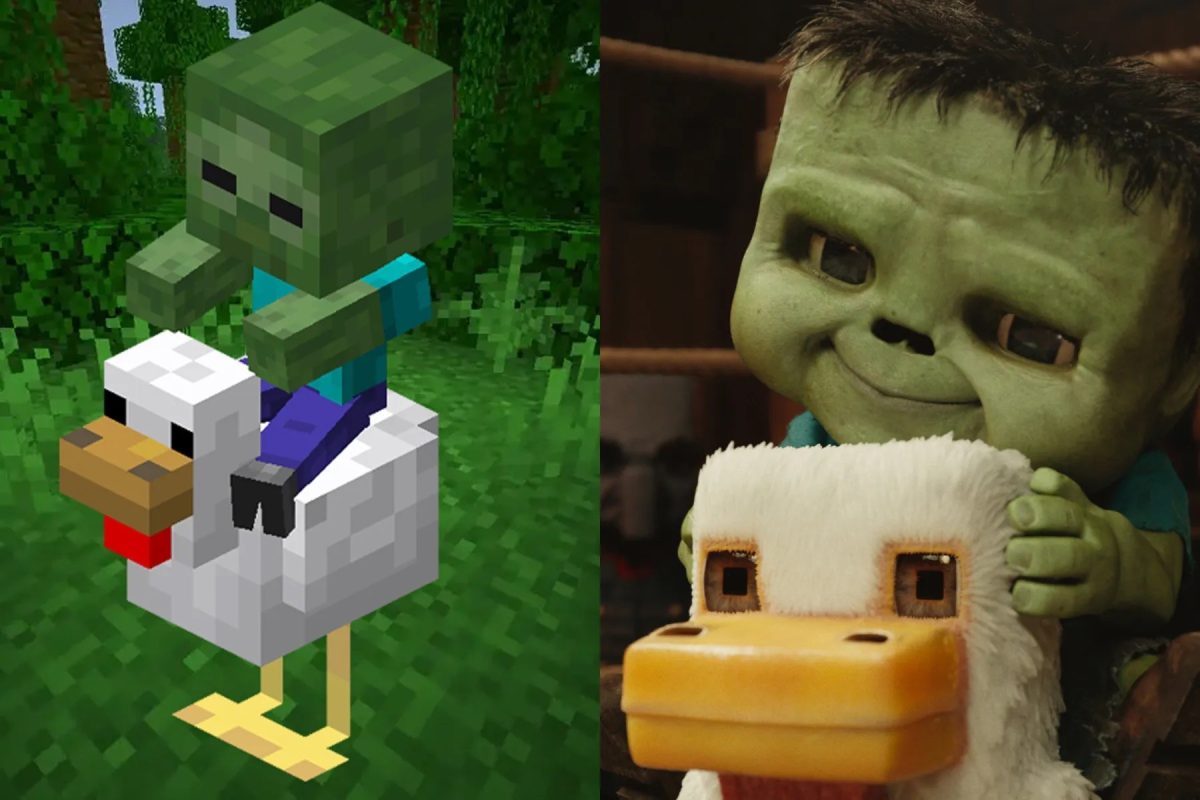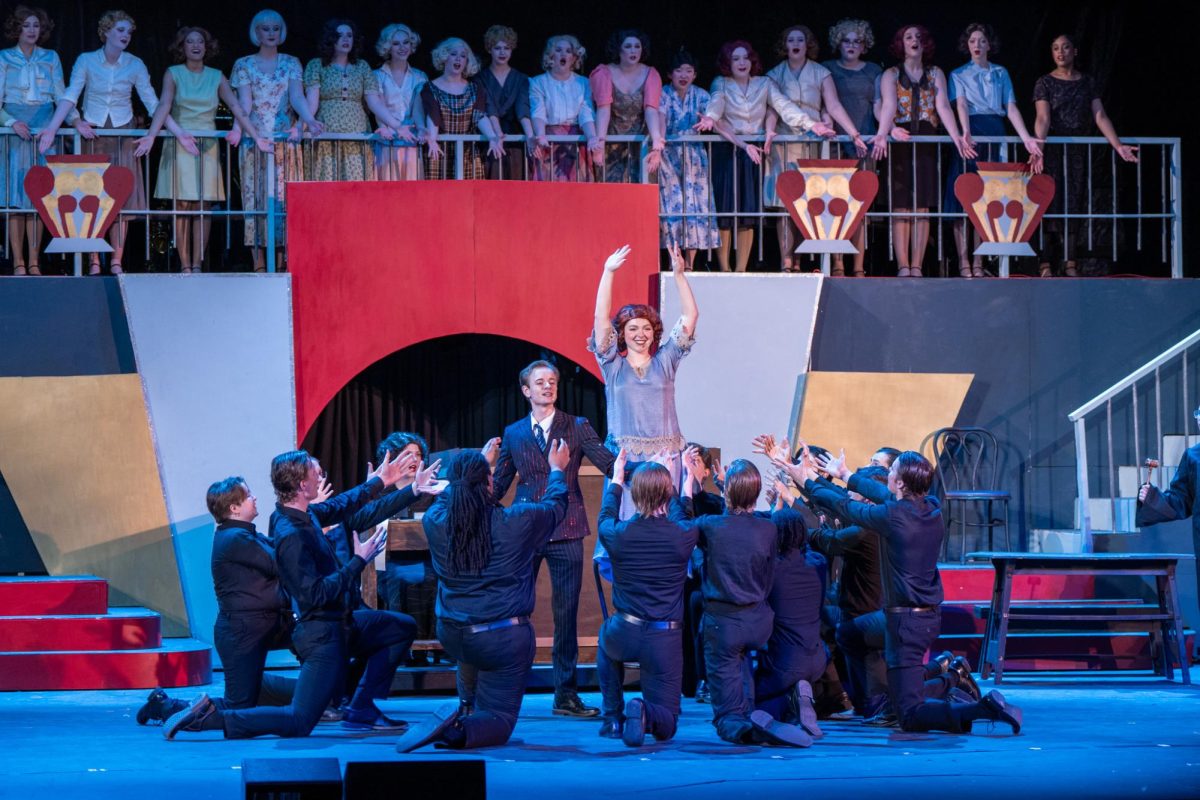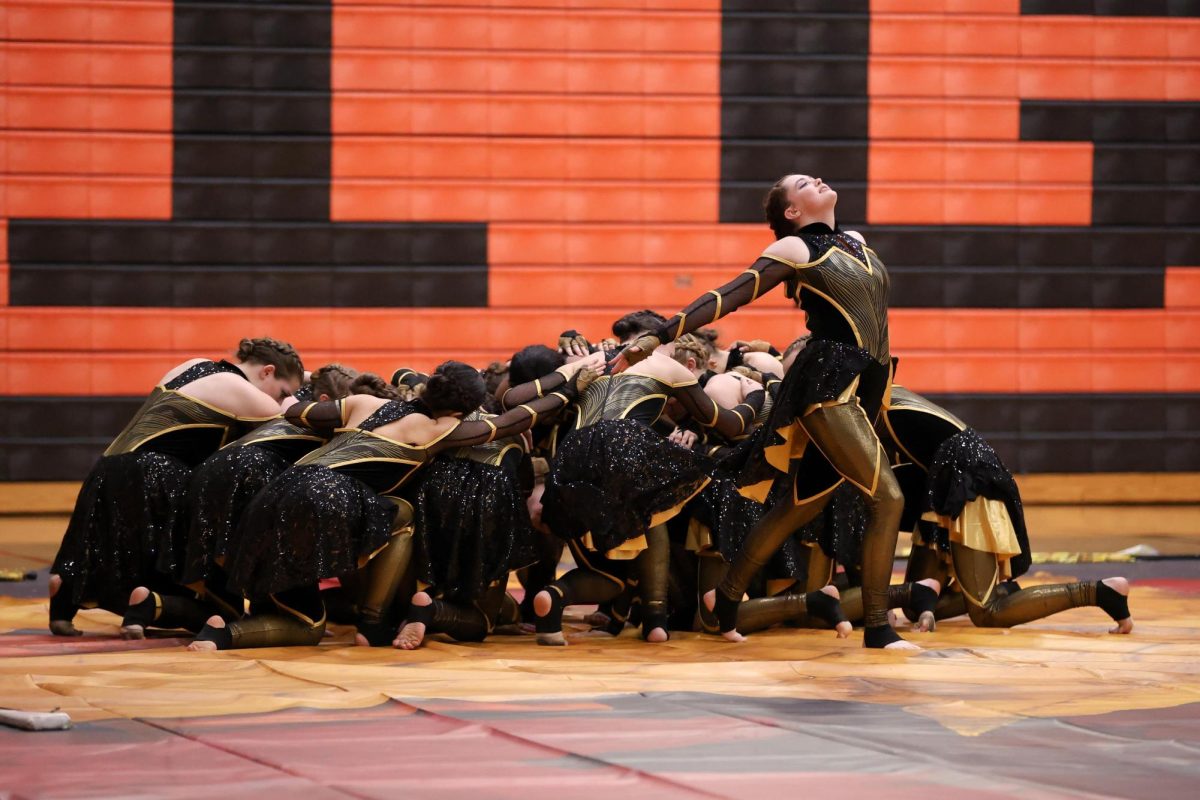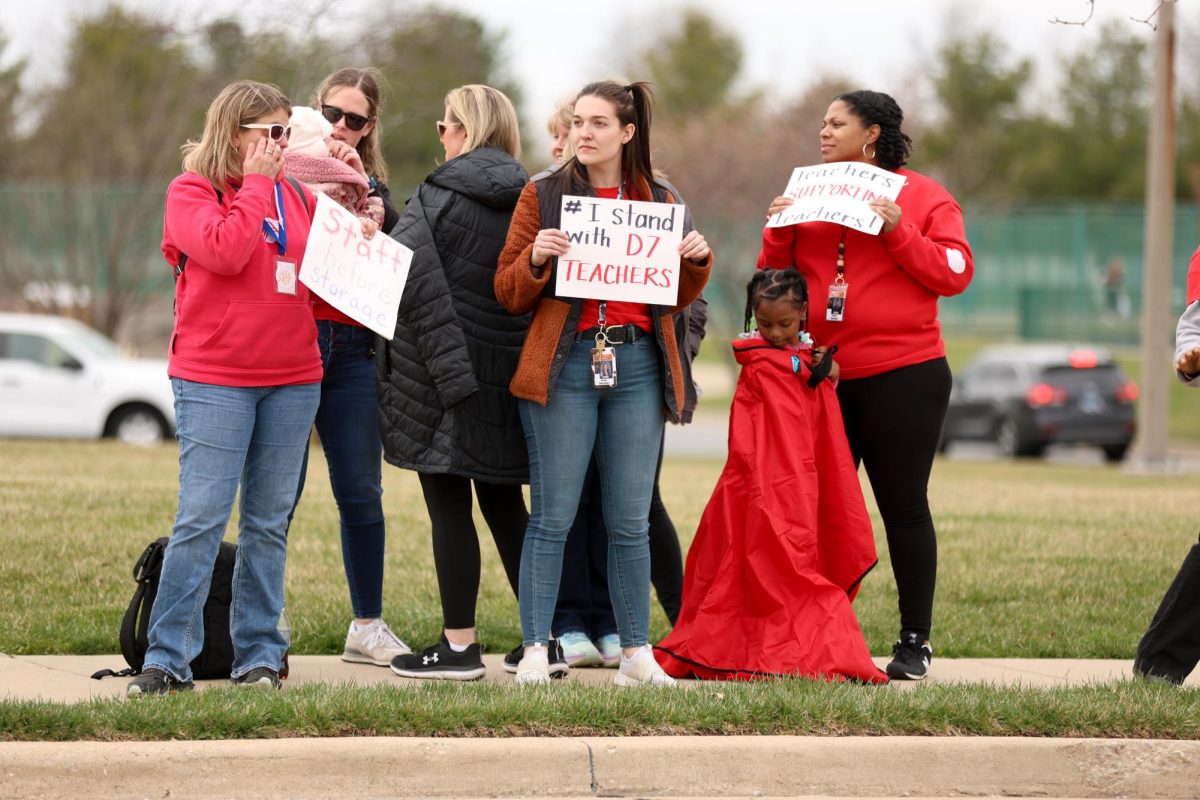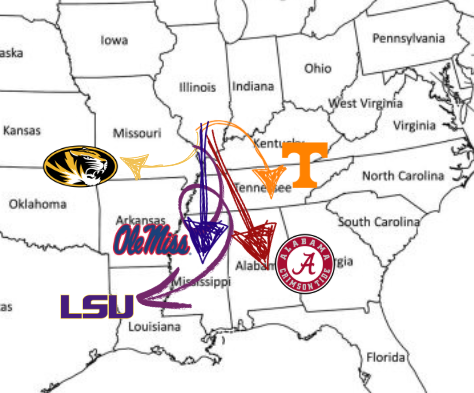‘The Help’ Evokes Hope
March 26, 2020
Perhaps the only redeeming quality of the school cancellation is that I can allow myself to pick from my thick stack of novels that I’ve saved—something I rarely permit myself to do because I will forgo all my responsibilities in favor of the escape.
In my usual fashion, I blew through Kathryn Stockett’s 522-page novel ‘The Help’ in two days, avoiding my family members and my e-Learning in the process. But it was so worth it.
Although it’s set in the early 1960s and written in 2008, the novel is timeless—it’s the story of perseverance, of activism, of love. It follows the fictional white writer Eugenia “Skeeter” Phelan and African-American maids Minny Jackson and Aibileen (her last name isn’t given) and their journey to document both the horrors and the joys black maids in the South experienced in an anonymous tell-all book.
Stockett gives each character a chance to tell her story, introducing a different point of view every chapter. I loved this approach because it gave me enough time to settle into one character’s shoes completely—I could give them all my attention instead of dividing it amongst the other characters as well—before moving on to the next.
And the characters themselves were beautifully developed. The dialect they use is authentic, too—the characters speak the way they would have in real-life 1960s Mississippi.
The way they speak reveals things about the characters. For example, white, rich and college-educated Skeeter speaks with prim and proper grammar, while African-American, poor, and seventh-grade-educated Aibileen says things like, “But it weren’t too long before I seen something in me had changed” (page 3). Stocket makes it clear that the difference between the two women is not intelligence, rather, but privilege.
And the friendship between Aibileen and Skeeter, and eventually Minny, is inspiring. The three women, while it seems they are worlds apart, transcend nearly prohibitive social boundaries to come together and expose injustice on the brink of the Civil Rights Movement—a fight we are still fighting today.
That’s the great thing about literature: it will always be relevant because it tells the human story. It reminds us where we have been, and it tells us where we might go.
‘The Help’ is a truly meaningful story, one that will make you laugh and cry in consecutive seconds. So brace yourself. But you won’t be disappointed.




